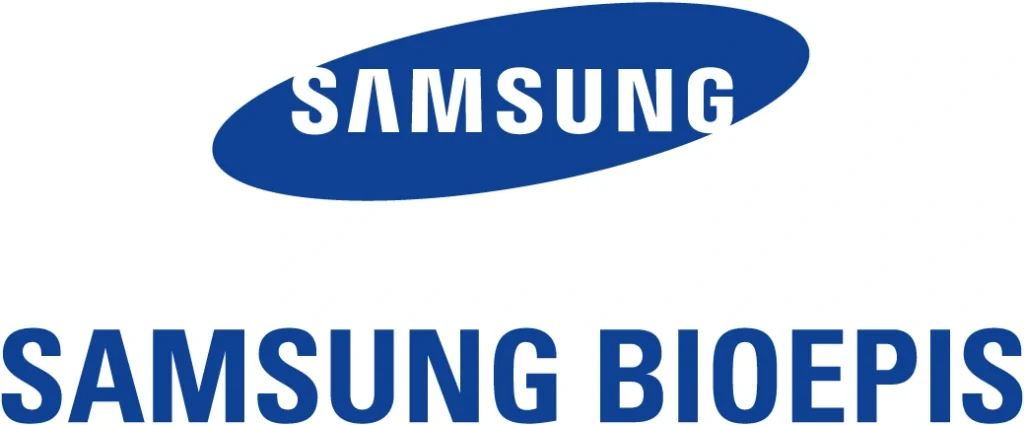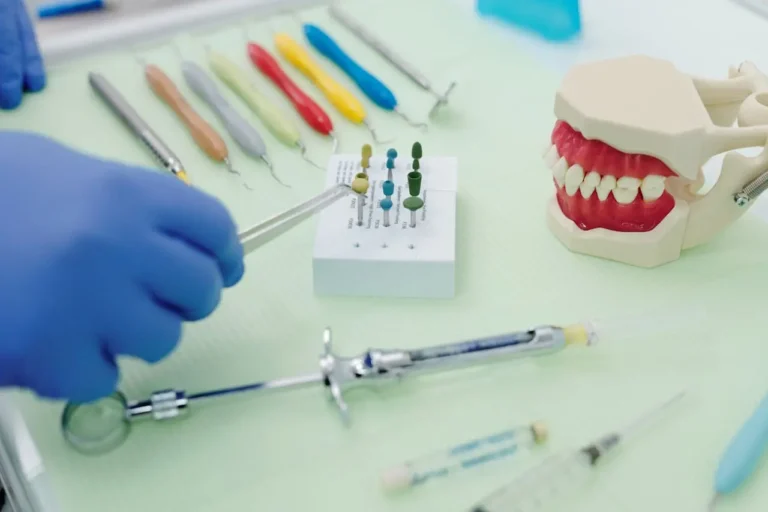
Samsung Bioepis Gains EC Approval for Denosumab Biosimilar (OBODENCE™, XBRYK™)
Samsung Bioepis Co., Ltd. has announced that the European Commission (EC) has granted marketing authorization for two denosumab biosimilars, OBODENCE™ (60 mg prefilled syringe) and XBRYK™ (120 mg vial), which reference Prolia and Xgeva, respectively. These biosimilars, formerly known as SB16, represent an important milestone for Samsung Bioepis as they expand their portfolio and provide patients in Europe with more affordable treatment options for bone-related conditions.
OBODENCE, based on Prolia, has been approved for several conditions associated with bone health. It is indicated for the treatment of osteoporosis in postmenopausal women and men who are at increased risk of fractures. Additionally, OBODENCE is approved for managing bone loss associated with hormone ablation therapy in men with prostate cancer at increased fracture risk, and for the treatment of bone loss in adults undergoing long-term systemic glucocorticoid therapy who are at increased risk of fractures.
XBRYK, which references Xgeva, has been approved for the prevention of skeletal-related events (SREs) in adults with advanced bone malignancies. SREs include pathologic fractures, spinal cord compression, bone irradiation, and bone surgery. XBRYK is also indicated for the treatment of skeletally mature adults and adolescents with unresectable giant cell tumor of bone, particularly in cases where surgery would likely lead to severe morbidity.
Osteoporosis is a growing concern in Europe, contributing to an estimated 4.3 million fragility fractures and resulting in more than €56 billion in annual healthcare costs. Despite the availability of affordable medications, less than half of women at high risk of fractures are receiving treatment. This is concerning, given that osteoporosis-related fractures can lead to significant long-term disability, higher medical expenses, and reduced quality of life for patients. Furthermore, skeletal-related events caused by bone metastases in patients with advanced cancer lead to severe pain, increased mortality risk, higher healthcare costs, and diminished quality of life.

The approval of OBODENCE and XBRYK by the European Commission is based on a robust body of clinical and analytical evidence. A randomized, double-blind Phase 1 study involving healthy male participants demonstrated pharmacokinetic (PK) equivalence between SB16 (the biosimilar), EU denosumab (EU-DEN), and US denosumab (US-DEN). The study’s primary PK endpoints were achieved, including the area under the concentration-time curve (AUC) and maximum serum concentration, indicating that SB16 and the reference products performed similarly in terms of absorption and distribution in the body.
In addition to the Phase 1 study, a large-scale, randomized, double-blind, multicenter Phase 3 study further supported the approval. This study compared SB16 with reference denosumab (DEN) in patients with postmenopausal osteoporosis (PMO). The primary endpoint was based on the percent change from baseline in lumbar spine bone mineral density (BMD) at 12 months.
The results showed that SB16 was non-inferior to the reference product, demonstrating similar efficacy in improving BMD. Moreover, follow-up data up to month 18 revealed that switching from DEN to SB16 did not result in any significant differences in efficacy, safety, pharmacokinetics, pharmacodynamics, or immunogenicity profiles. These findings support the use of OBODENCE as a safe and effective alternative to the reference treatment.
The approval of OBODENCE and XBRYK marks Samsung Bioepis’ 10th and 11th European Union biosimilar approvals, further solidifying the company’s growing presence in the global biosimilar market. This approval is particularly significant for Samsung Bioepis, as it represents the company’s first entry into the endocrinology biosimilar sector. With these new products, the company continues to expand its portfolio in new therapeutic areas, improving access to vital treatments for patients across Europe.
Samsung Bioepis, founded in 2012, is committed to making healthcare more accessible by providing high-quality, affordable biosimilars. The company aims to play a leading role in the biopharmaceutical industry by focusing on innovation in product development and maintaining rigorous quality standards in all its treatments. Samsung Bioepis has developed a broad pipeline of biosimilar candidates, covering a wide range of therapeutic areas, including immunology, oncology, ophthalmology, hematology, nephrology, and now endocrinology. By offering affordable alternatives to expensive reference biologics, the company helps reduce the overall cost of healthcare while improving patient access to life-saving therapies.
As part of its ongoing commitment to healthcare innovation, Samsung Bioepis is focused on ensuring that patients worldwide have access to effective treatments. The approval of OBODENCE and XBRYK reinforces the company’s vision of expanding access to critical therapies while maintaining high standards of quality and safety. Samsung Bioepis continues to push forward with its mission to become a global leader in the biopharmaceutical industry, making a significant impact on public health worldwide.
Through the approval of OBODENCE and XBRYK, Samsung Bioepis not only enhances its portfolio but also takes a significant step in its ongoing efforts to provide more affordable and accessible treatment options for patients battling osteoporosis and advanced bone malignancies. The company’s expansion into endocrinology with these biosimilars will play a vital role in improving patient outcomes and reducing the financial burden of these conditions.quality and innovation, Samsung Bioepis aims to establish itself as a global leader in the biopharmaceutical industry, further contributing to improving health outcomes worldwide.




